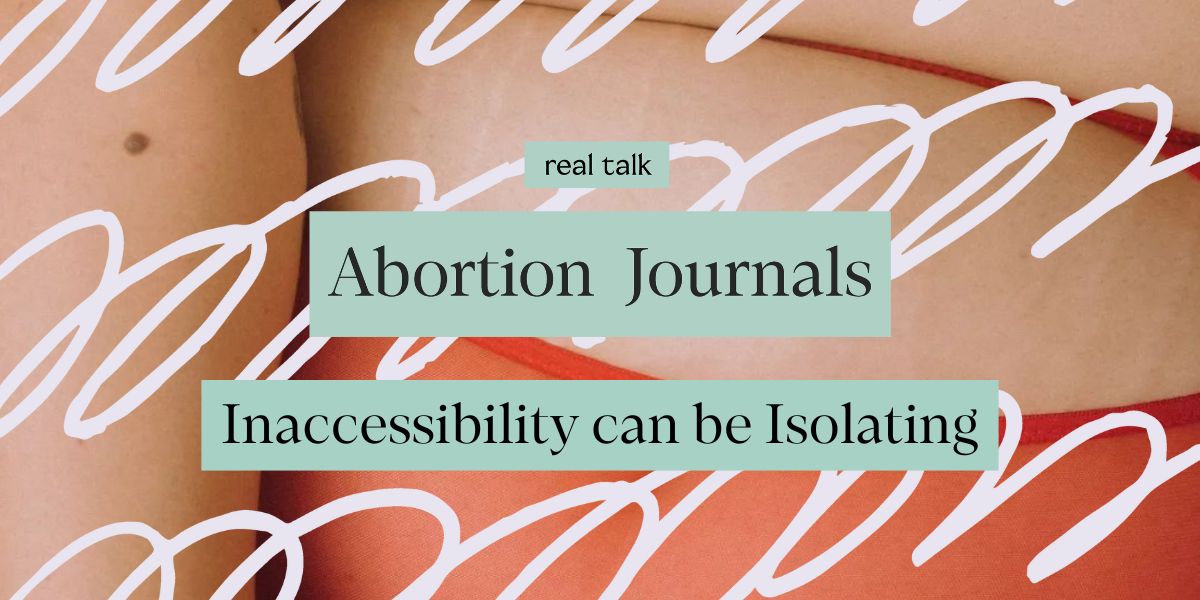Can I drink alcohol after taking Plan B?

Drugs, medications, and supplements don’t always work well together. Some may be harmful when taken together or if both are in your system too long. It’s valuable to find out which substances interact poorly and which are harmless (or at the least not harmful) to take together. If you drink alcohol, can you do it safely after taking emergency contraception?
Alcohol and the morning after pill
Studies don’t currently claim that it’s unsafe to have alcohol and Ella or levonorgestrel in your system. Having alcohol in your system doesn’t seem to affect the efficacy of the morning after pill. However, the severity of side effects may be worse due to overlapping side effects. Alcohol and Plan B can both cause effects including:
- Fatigue
- Dizziness
- Headache
- Nausea
-
Vomiting
Can you drink after taking Plan B?
It doesn’t seem problematic to drink after taking Plan B or another emergency contraceptive. There’s no known harmful drug interaction between alcohol and either type of morning after pill; neither is there evidence that alcohol will change how effective the contraception is. However, alcohol may indirectly impact the emergency contraceptive pill or your other methods of preventing pregnancy. If you vomit within a couple of hours of taking emergency contraception, you might need to repeat the dose. If you vomit and notice the pill in your vomit, definitely take another dose immediately. You may also need to take another if you have unprotected sex more than 24 hours after taking the morning after pill. It doesn’t further reduce the chances of pregnancy to take more than one dose unless otherwise directed.
What to expect after taking Plan B
Side effects aren’t uncommon when you take an emergency contraceptive, though not all women will experience them. Possible side effects include:
- Changes to your menstrual cycle - flow, duration, timing
- Spotting between periods
- Cramps and breast tenderness
- Headaches, fatigue, and dizziness
- Nausea - sometimes leading to vomiting
If side effects are severe or long-lasting, get in touch with your primary care provider. Abdominal pain that shows up three to five weeks after taking an emergency contraceptive could be a sign of an ectopic pregnancy.
Plan B interactions
A drug interaction results from using certain drugs, medications, and supplements together or within a short time. Learning about how different substances may interact with one another (and how they affect your body) may help you make better decisions about your overall health. So, what do you need to consider? In general, factors to keep in mind include:
The potency of each substance - Will the medication or supplement be stronger or weaker than intended? Either may happen with some drug interactions. Consider whether this change makes the supplement ineffective or possibly harmful.
Side effects - Taking certain drugs, medications, and supplements together increases the likelihood of side effects. It’s difficult to know how your body will react because of how many variables are at play. There can be unintended results when different drugs are present. It’s best to play it safe and make an informed decision about what’s worth it after speaking to your primary care provider.
The number of medications you take - Unexpected effects become more likely when you take more medications. Keep your primary care provider up to date on when you take each medication, supplement, herb, and vitamin. Sometimes changing the time you take each thing can reduce the risk of negative interactions.
Health conditions - Drug interactions may negatively affect the status of certain underlying health conditions. The side effects of some drugs may also increase when certain drugs interact. You may also get inaccurate lab test results due to certain medications.
Type of drug interaction - A drug-drug interaction occurs between two or more prescription drugs. When a drug interacts with over-the-counter medications, herbs, vitamins, or supplements, it’s known as a drug-nonprescription treatment interaction. Certain types of food and alcohol may also interact poorly with some medications or supplements.
Whether the interactions are considered harmful to your health may also depend on aspects such as:
- The dose of the drug and how you take it
- Your metabolism - can impact the length of time a drug remains in your body
- Demographics like your age, weight, and gender
- Your lifestyle, including diet and activity levels
- The length of time in which you’ve been taking certain drugs or medications
- The timing and order in which you take different medications, supplements, vitamins, and herbs
Some medications and supplements that may reduce how effectively the morning after pill prevents pregnancy include:
- St. John’s wort
- Barbiturates
- Certain blood pressure medications
- Anti-seizure medications
- Some antifungals
- Certain antibiotics
Discuss your situation with your primary care provider. If you’re taking any medications or supplements (including herbs and vitamins), ask about possible drug interactions and side effects of anything you’re taking and the morning after pill. You can make an informed decision about which option is right for you.
Keep Reading

Answers to your most common questions about the morning-after pill
4/25/2023 • 2 minutes

How many times can you take the morning-after pill?
Jun 12

What are the side effects of Plan B?
May 29










